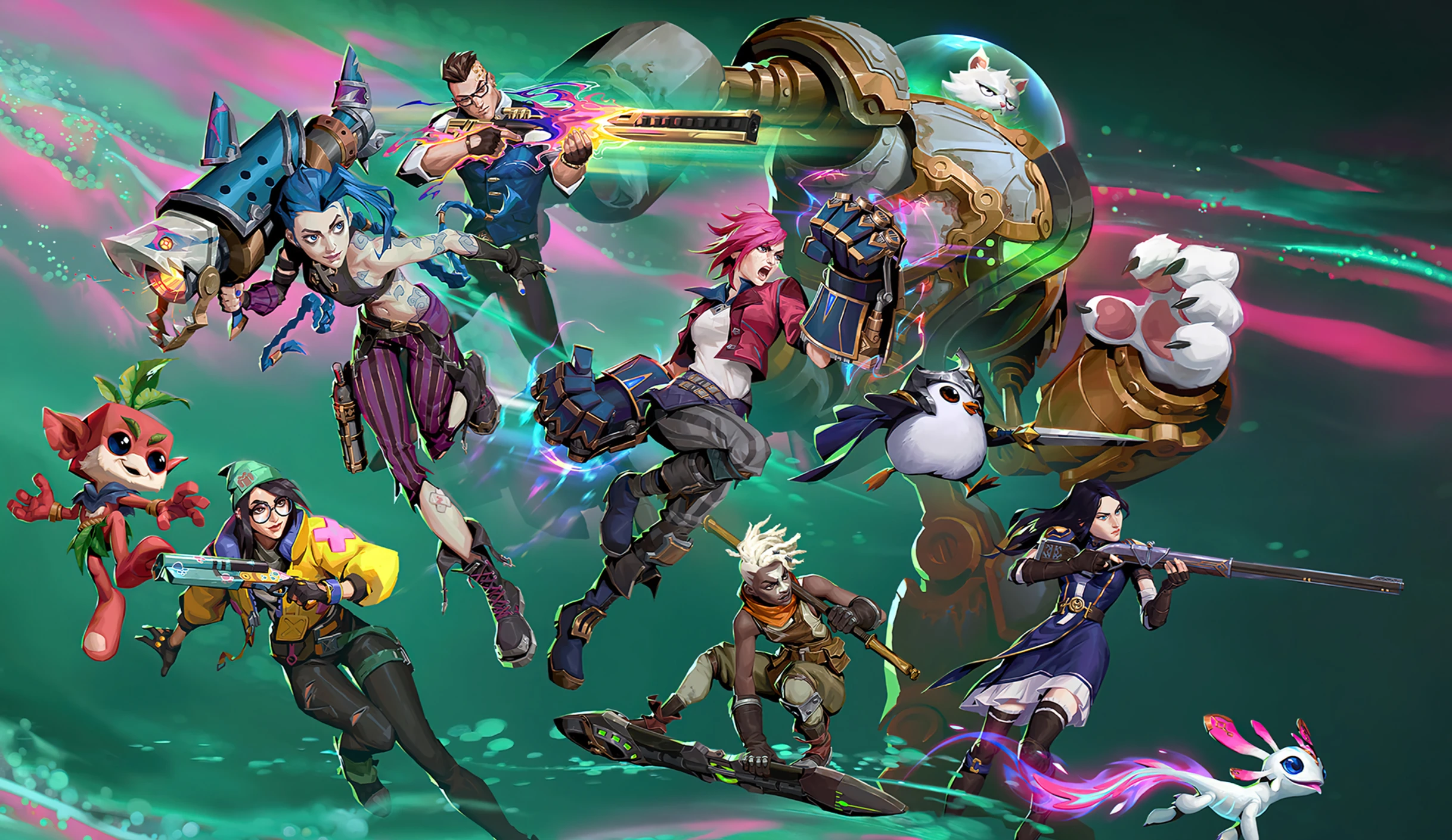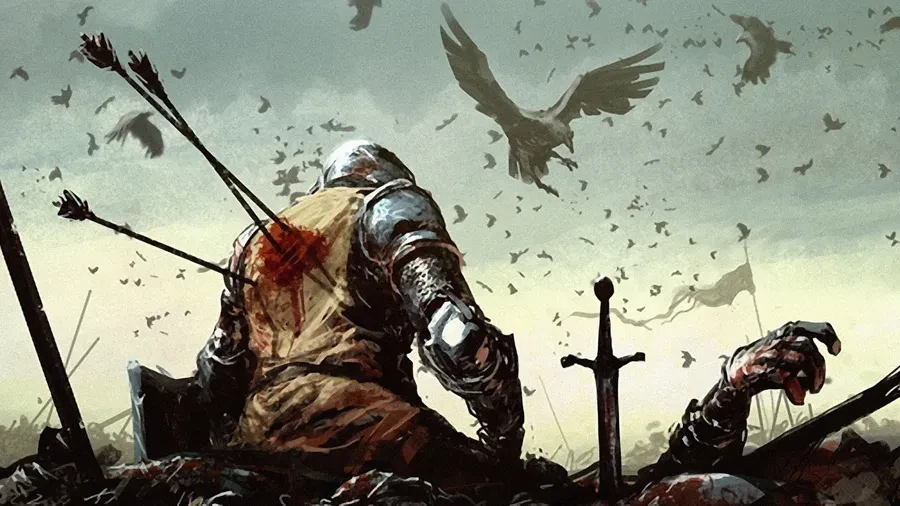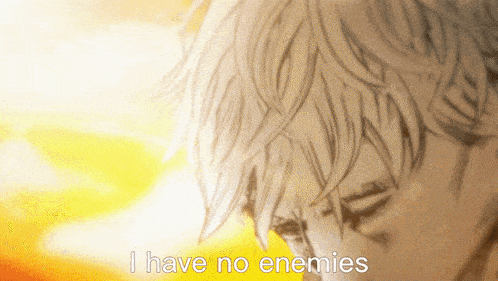Personal Development
GG, Go Next: Building Mental Resilience Through Team Based Games

Mark Aaron Dayrit
Team based games like League of Legends, Valorant, CS:GO, DOTA are mostly often seen as just an online medium to compete against others to showcase their skills. In this discussion, I explore how the high-stake environment of these online games parallels real-life situations, teaching us lessons that are as applicable in professional life as they are in digital realms.

An illustration featuring a dynamic lineup of characters from Riot Games' crossover event with Arcane. The scene includes characters like Jinx, Ekko, Vi, and Caitlyn, each in vibrant, action-packed poses.
Imagine it's a late evening. You sit down in front of your computer and queue up for a match in whatever game you prefer. You select your character, feeling a mix of anticipation and confidence. You tell yourself that this game will be a fun and relaxing showcase of the skills you've honed over countless hours.
As the match starts, everything falls into place. Your reactions are quick, your strategy is sound, and you cut through your enemies with precise, practiced ease. Each move you make is calculated; each decision, a step toward what seems like an inevitable victory. Your score climbs, kills, assists, and contributions. By all individual metrics, you are excelling.
However, the game you are playing is a team based game where players coordination wins over individual skill, and this becomes painfully clear as the match progresses. Despite all your efforts, your team is still struggling. Communication breaks down; frustration builds. Teammates argue, others intentionally give the enemies advantages. Meanwhile, the enemy team, sensing the disarray, tightens their grip. They move as a unit, exploit your weaknesses, and push you back with alarming coordination.
Now, the game takes on a different tone. Your initial confidence wavers as you realize that no amount of personal excellence can compensate for a fragmented team. The enemy closes in, their fangs on your jugulars. You attempt a last-ditch effort to commit a 1 vs 5, but the damage is done. The game ends—not with the expected triumphant victory, but with a sobering defeat.

An illustration of a defeated knight on the battlefield, kneeling with arrows piercing his back, surrounded by crows flying overhead.
Reflection on Real-Life Parallels
In the professional world, much like in team-based online games, sometimes we place too much value on how we can stand alone and excel on that island. You might see yourself pushing through everything that life throws at you, and you might think that this is good. But we are seldom alone in life. Once you get married, for example, you will share your problems, and the action of carrying these problems together is like a three-legged race, coordinating each step becomes crucial. Individual excellence is often overshadowed by the collective dynamic. You might find yourself in situations where, despite your best efforts and standout performance, you still fail. Not because you lack the skills or determination, but because success in such environments is not solely a personal journey. It hinges significantly on how well you integrate and synchronize with others.
In the game, as in life, the dissonance between team members can lead to disarray and defeat. When your teammates are not on the same page, even the most strategic moves can fall flat. The workplace requires harmonious collaboration. No matter how competent you are in your role, the broader objectives are seldom achieved through solo efforts. Projects are seldom the result of individual effort; they are the culmination of collective input, diverse perspectives, and mutual support. Miscommunications and conflicts within a team can lead to missed deadlines, subpar product quality, and failed projects, echoing the chaos and defeat experienced in the game.
The sobering defeat despite your best individual effort reflects a hard truth about life: not everything is within our control. Just as in the game, where you couldn’t control your teammates' actions or the enemy’s strategies, in life, we often face external factors that defy our efforts. What we can control, however, is our response to these frustrations. Learning to handle defeat gracefully, analyze our own performance critically, and prepare to face the next challenge is essential.

"An animated GIF of Thorfinn, a character from Vinland Saga, with a serious expression on his face, saying his famous quote: 'I have no enemies.' The background shows a serene, open field, reflecting the moment of introspection and peace.
This is why "gg, go next" is more than a simple sign-off; it’s a mindset. It is not just about moving on from defeat; it’s about doing so with dignity, without assigning blame and the willingness to apply the lessons learned. It embodies the resilience needed to navigate life's inevitable ups and downs, both personally and professionally. It represents the resilience to accept temporary setbacks without losing sight of the long-term goals. It's about resetting, recalibrating, and readying ourselves to tackle the next challenge with the insight gained from previous experiences.
